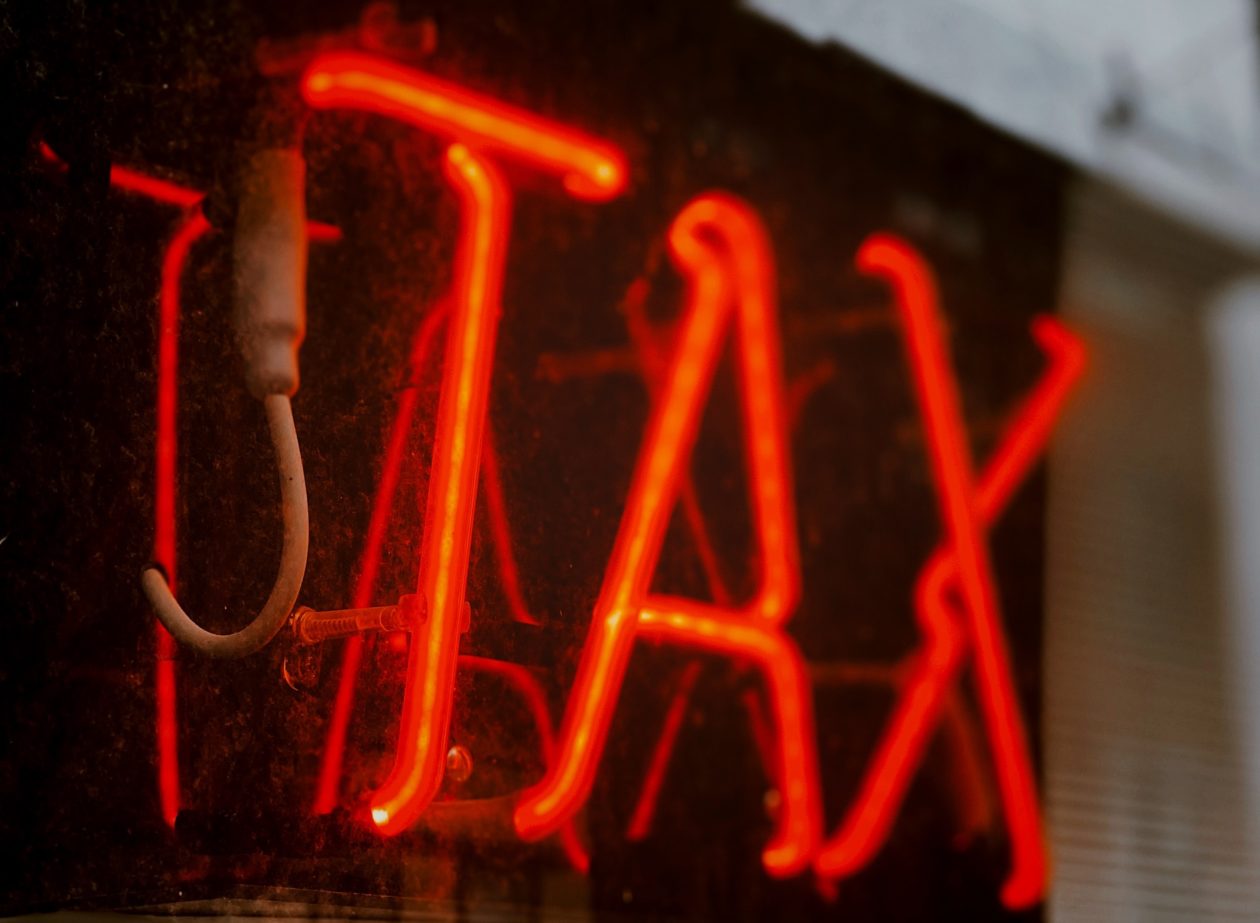While India continues to deliberate the regulatory framework for cryptocurrencies — the winter session of parliament ended Dec. 22 without the introduction of the crypto bill Finance Minister Nirmala Sitharaman promised — tax authorities cracked down on the country’s biggest crypto exchanges. On Dec. 31, the Goods and Services Tax Commissionerate Mumbai East of Mumbai Zone claimed to have “detected” GST evasion of approximately US$5.4 million (INR 405 million) by Binance-owned crypto exchange WazirX, according to a press release.
The authorities immediately recovered around US$6.6 million (INR 492 million) in cash for due tax, plus interest and penalty, according to the Press Information Bureau of Mumbai. The Dec. 30 investigation of WazirX was just the beginning. The directorate general of GST intelligence has cracked down on six other crypto exchanges since then, including unicorns CoinSwitch Kuber and CoinDCX, as well as Unocoin and BuyUcoin, according to reporting by South Asian news agency ANI.
The ANI story states that authorities detected total tax evasion from the six crypto-related businesses of around US$9.3 million (INR 700 million) and the same amount was recovered from all, including WazirX. These crypto businesses act as intermediaries for buying and selling of crypto. The GST on commissions for sales in crypto is 18%, which the companies avoided, sources said in the report. According to the commissionerate, WazirX paid GST only on commissions in rupee.
WazirX and BuyUcoin said that lack of clarity in the GST law contributed to the unintentional violation of the tax laws.
“Currently, in India, there is a lot of ambiguity around the taxation of crypto assets and filing procedures. … The lack of clarity on filing procedures led to some human mistakes from our end which were flagged by the tax authorities and brought to our notice,” BuyUcoin said in a statement.
“Zanmai Labs Pvt. Ltd. has been diligently paying tens of crores worth of GST every month. There was an ambiguity in the interpretation of one of the components which led to a different calculation of GST paid. However, we voluntarily paid additional GST in order to be cooperative and compliant. There was and is no intention to evade tax,” a spokesperson for Zanmai Labs, which manages WazirX, told Forkast.News.
The spokesperson added: “We strongly believe that regulatory clarity is the need of the hour for the Indian crypto industry. It will also provide us with more clarity on taxation so that we can work in sync with the lawmakers.”
Experts agree with the exchanges. Cryptocurrency lawyer Anirudh Rastogi told Forkast.News: “Existing tax laws do not specifically provide for cryptocurrencies. There is ambiguity on a number of issues, including what should be the first taxable event, will it be calculated on platform fee or value of cryptos traded, etc.”
He added: “Much clarity in tax law will follow the decision on how cryptos should be treated – as asset, or money or something else. The proposed cryptocurrency law is likely to settle this issue.” According to reports last year, the government is looking to regulate crypto as assets like gold or silver.
CoinSwitch Kuber and Unocoin declined to comment and CoinDCX did not respond to requests for comment at the time of publication.
The GST Commissionerate added in its Dec. 31 press release that its investigations into possible tax evasion by companies in emerging industries like e-commerce, online gaming, non-fungible tokens as well as all the cryptocurrency exchanges falling in Mumbai zone would intensify “in the coming days.”
The crypto exchanges known to have attracted scrutiny from the tax authorities are some of the biggest players in the market. WazirX, for instance, recorded a trading volume of US$43 billion last year while its user base reached 10 million. CoinDCX, India’s first crypto unicorn, has over 7.5 million active users while CoinSwitch Kuber, which is ahead of CoinDCX in valuation, claimed to be the largest exchange in terms of user base with 10 million customers in September.





